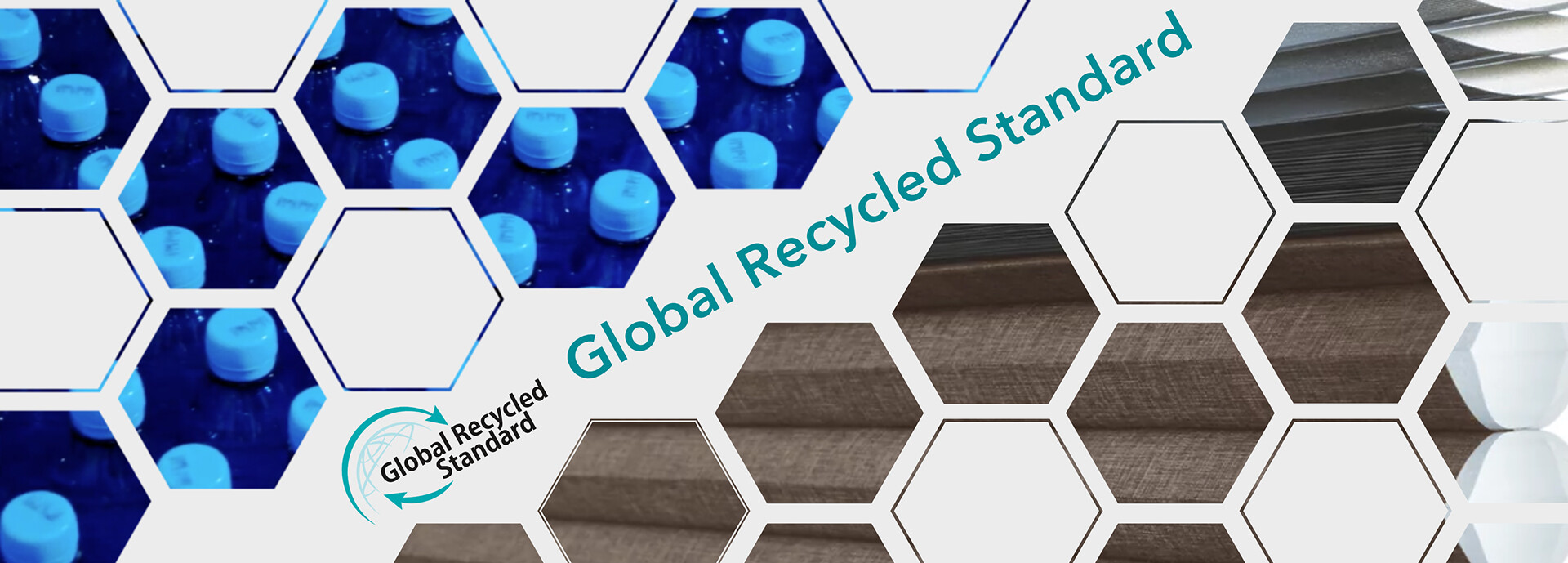
The demand for constantly new products, particularly in clothing and footwear, is substantial and seemingly on an upward trend. One effort to make the fashion industry more sustainable is through the utilization of recycled materials to diminish unnecessary waste. Many organizations assert environmental benefits from products made with post-consumer and pre-consumer waste content but encounter difficulties in verifying and substantiating these claims. Subsequently, several governmental bodies have issued marketing guidelines or regulations that require marketers to substantiate their environmental claims and avoid any deceptive sustainability assertions.

The Global Recycle Standard (GRS) and Recycled Claim Standard (RCS) are international, voluntary, and comprehensive product certification standards. They verify the recycled content in products and implement requirements along the chain of custody, including the traceability of recycled materials and quality control of recycled products. The GRS encompasses additional requirements for social responsibility, environmental management, and chemical restrictions. The RCS certification is applicable to products with 5% to 100% recycled content. Meanwhile, GRS certification requires products to have between 20% and 100% recycled content, and a minimum of 50% recycled content is eligible for using the GRS logo.

Both GRS and RCS certifications emphasize the principle of traceability and supply chain component sharing. Enterprises that have successfully obtained the certification can apply for a transaction certificate from the certification authority, providing convenience for downstream customers to apply for certification.

